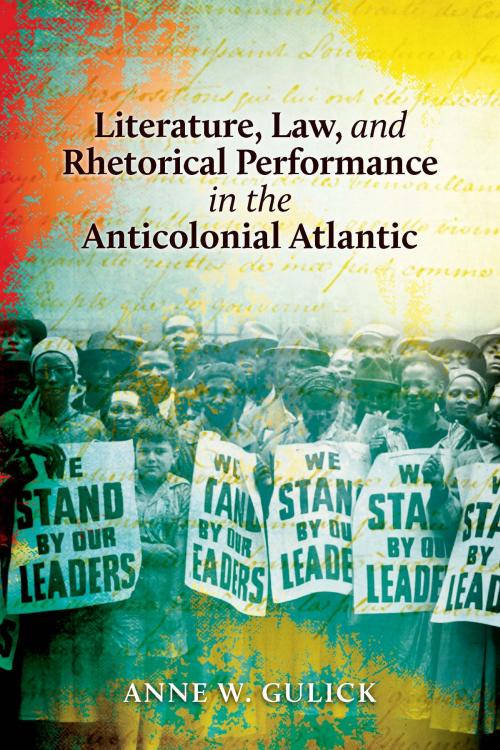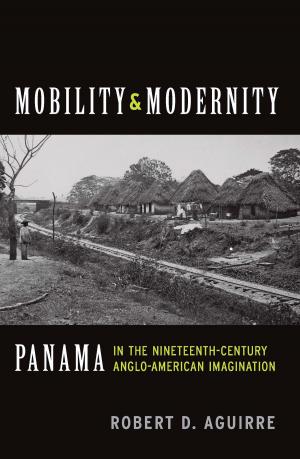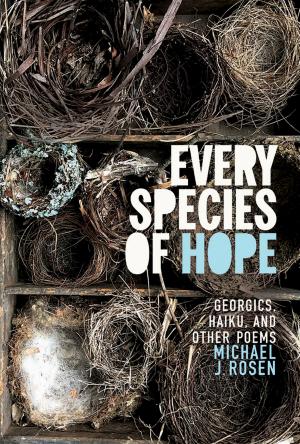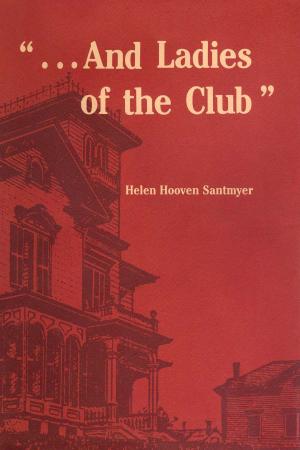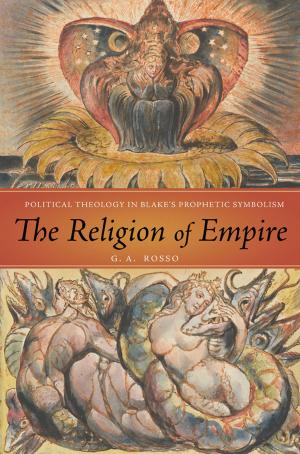Literature, Law, and Rhetorical Performance in the Anticolonial Atlantic
Fiction & Literature, Literary Theory & Criticism, African, Central & South American| Author: | Anne W. Gulick | ISBN: | 9780814274378 |
| Publisher: | Ohio State University Press | Publication: | April 15, 2016 |
| Imprint: | Ohio State University Press | Language: | English |
| Author: | Anne W. Gulick |
| ISBN: | 9780814274378 |
| Publisher: | Ohio State University Press |
| Publication: | April 15, 2016 |
| Imprint: | Ohio State University Press |
| Language: | English |
The era of national liberation and decolonization may have come and gone, but postcolonialism remains a largely elusive ideal in the early twenty-first century. In Literature, Law, and Rhetorical Performance in the Anticolonial Atlantic, Anne W. Gulick uncovers a dynamic literary history of African and Caribbean critical engagements with First World law. This transatlantic archive attests to the continuing vitality of anticolonialism as a model for intellectual inquiry and political performance. Gulick argues that experimentation with declarative forms is a vital rhetorical strategy in the anticolonial Atlantic—one through which writers have asked: Who gets to “write” the law, and under what circumstances?
Responses to this question take shape across the black Atlantic from Haiti to South Africa, in texts ranging from Haiti’s Declaration of Independence and work by C. L. R. James to South Africa’s Freedom Charter, Aimé Césaire’s poem Notebook of a Return to the Native Land, and Ngugi wa Thiong’o’s A Grain of Wheat. These texts constitute a robust transatlantic tradition of challenging colonial and imperial authority through rhetorical performance. Drawing on the cosmopolitan aspirations and emancipatory energies of the political declaration, this tradition aims to radically reinvent the possibilities for law and political belonging in the postcolonial future.
The era of national liberation and decolonization may have come and gone, but postcolonialism remains a largely elusive ideal in the early twenty-first century. In Literature, Law, and Rhetorical Performance in the Anticolonial Atlantic, Anne W. Gulick uncovers a dynamic literary history of African and Caribbean critical engagements with First World law. This transatlantic archive attests to the continuing vitality of anticolonialism as a model for intellectual inquiry and political performance. Gulick argues that experimentation with declarative forms is a vital rhetorical strategy in the anticolonial Atlantic—one through which writers have asked: Who gets to “write” the law, and under what circumstances?
Responses to this question take shape across the black Atlantic from Haiti to South Africa, in texts ranging from Haiti’s Declaration of Independence and work by C. L. R. James to South Africa’s Freedom Charter, Aimé Césaire’s poem Notebook of a Return to the Native Land, and Ngugi wa Thiong’o’s A Grain of Wheat. These texts constitute a robust transatlantic tradition of challenging colonial and imperial authority through rhetorical performance. Drawing on the cosmopolitan aspirations and emancipatory energies of the political declaration, this tradition aims to radically reinvent the possibilities for law and political belonging in the postcolonial future.
